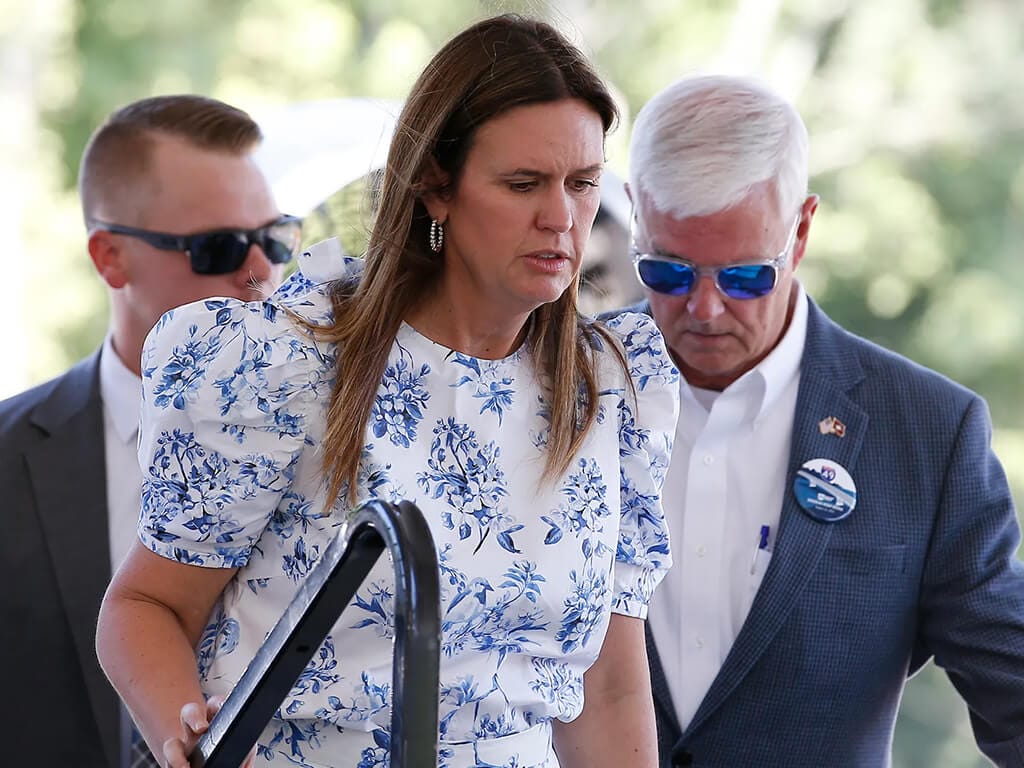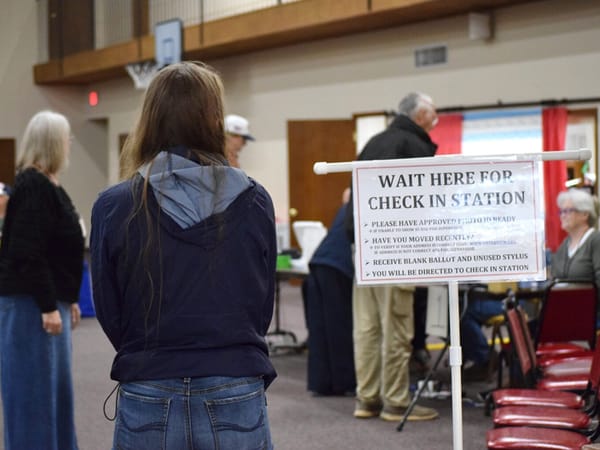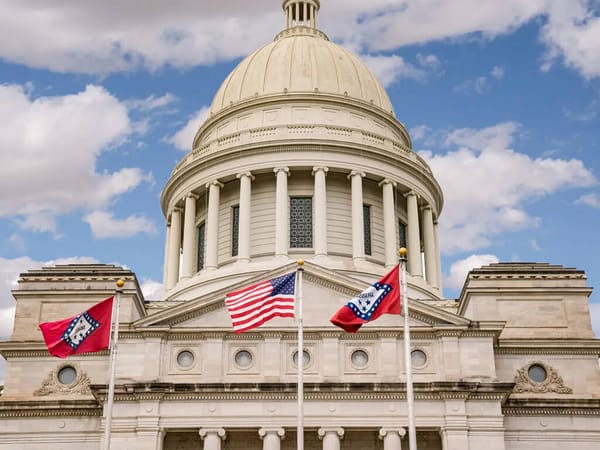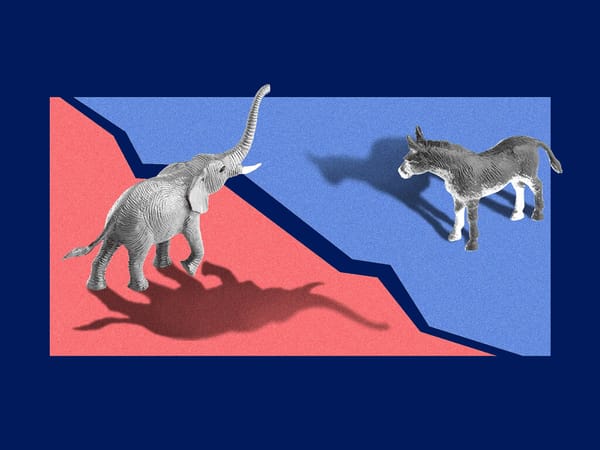Special Election Scheduled While Sanders Chooses to Leave Seats Unfilled in Key Sessions
Special election dates have been announced in Arkansas, but Governor Sarah Sanders has delayed filling two legislative seats, leaving constituents without representation during important sessions.

Although Arkansas law requires vacant state House seats to be filled within 150 days, Governor Sarah Huckabee Sanders invoked the clause that allows a delay if holding the election sooner is deemed impractical or unduly burdensome. The law, which was designed to ensure residents have representation and are not excluded from important legislative sessions, was effectively bypassed.
The special elections are intended to fill two seats: the Senate seat left vacant by the death of senior Republican leader Gary Stubblefield and the House seat vacated by Republican Carlton Wing. Sanders initially planned to align the elections with next year’s gubernatorial and House elections but later set the polling date for June 9. While this approach reduces additional costs, it means both seats will remain unfilled for more than 250 days, leaving the districts without representation in key fiscal sessions and votes that directly affect their constituents.
The Dates for District 70 Elections
On Friday, October 10, election dates were announced for District 70, which became vacant after Carlton Wing resigned on September 30 to accept the leadership of PBS. The filing period for candidates in the House election will open at noon on November 3 and close at noon on November 12.
The special primary election is set for March 3, with a primary runoff, if needed, on March 31. Political parties must issue certificates of nomination by noon on April 10, and candidates are required to file those certificates by 5 PM on April 13. Independent candidates must submit their notices of candidacy, political practices pledges, affidavits of eligibility, and petitions to the Secretary of State’s office by noon on April 13. Governor Sanders chose not to move the special general election to November, keeping it scheduled for June 9.
Critics quickly voiced concern, arguing that Sanders may have prioritized cost savings and logistical convenience over timely representation. Micah Wallace, a District 70 resident and spokesperson for the Democratic Party of Arkansas, condemned the decision to leave voters without representation during the fiscal session.
“It is absolutely outrageous and infuriating to now be among the 30,000 residents in House District 70 that Sarah Sanders is brazenly depriving of representation in the state legislature,” Wallace said in a statement released by the party.
Retired Col. Marcus Jones, Democratic Party Chair, emphasized that the issue extends beyond party lines.
“This is beyond Democrat or Republican; this is about right and wrong,” Jones said. “We refuse to let the governor hide behind pathetic excuses for why she can’t fulfill her constitutional duty to hold a special election and let voters decide. She is imposing taxation without representation, plain and simple, refusing to give Arkansans a say in our state budget that will be decided on in April.”
At least two Democrats and one Republican have announced their intentions to run for Wing’s vacant seat, which is considered highly contested. Under new Democratic Chair Marcus Jones, the party plans to leverage the election delay, believing it could work to their advantage amid deep political polarization.
Sanders Doesn’t Mind Criticisms
There was significant bipartisan backlash against Governor Sanders for delaying the special election in Senate District 26, which became vacant in September following the death of senior Republican leader Gary Stubblefield. The delay came amid controversy over Sanders’ proposed prison site project in Franklin County, which has faced accusations of corruption, including from some Republicans.
Sanders initially scheduled the election to coincide with next year’s gubernatorial election in November, a move that would have left the seat vacant for more than a year and will allow her to avoid criticism that the representative from the site even not backing her plan. Facing widespread backlash, she revises the date to June, still leaving the district unrepresented for over 250 days and absent from important polls and fiscal sessions.
Unlike House District 70, Senate District 26 is a Republican stronghold, but candidates acknowledge the importance of responding to constituents and honoring Stubblefield’s legacy, a factor that could complicate Sanders’ plans.
The decision has also moved into the courts. A resident of the Franklin County portion of District 26 filed a lawsuit on Monday, asking a Pulaski County judge to move the special election to December, ensuring that voters in the district can participate in the 2026 fiscal session. Lawmakers are expected to consider funding for construction of the controversial state prison in Franklin County during that session.
Given this context, many anticipated that the House District 70 election would be scheduled sooner to mitigate further criticism, but she opted not to.
What Is the Purpose of This Law?
Over the past 15 years, Arkansas governors have held 17 special elections to fill vacancies in the state legislature. Eight of those elections took place within the 150-day requirement, while another eight occurred within 39 days past that limit. Even so, these delays are much shorter than what is happening now.
Critics now question whether the law is truly necessary if governors can postpone elections under such broad exceptions. The law was intended to ensure representation within 150 days, but in practice, its flexibility allows situations like Sanders’ to leave districts unrepresented for extended periods.
Leaving a seat vacant and aligning the election with other major contests may seem practical to save costs and reduce logistical burdens. However, the law was designed to fill legislative seats as promptly as possible. Elections carry costs that must be planned for, and critics argue that ignoring this purpose undermines the law, reducing it to little more than a formality.





